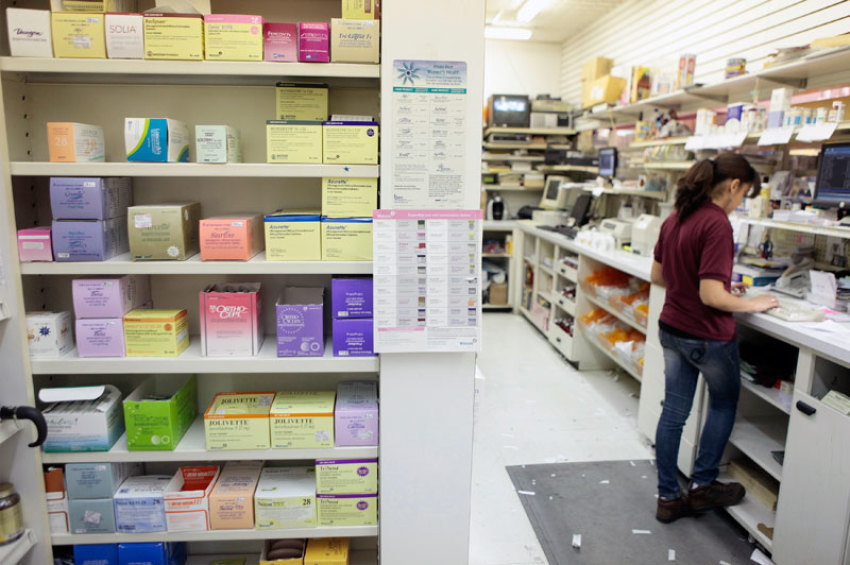Bayer to pay $1.6B in settlement payouts to thousands of women harmed by Essure birth control device

Pharmaceutical giant Bayer has agreed to a $1.6 billion settlement payout to women who were injured by Essure, a permanently-implanted birth control device that was discontinued in the U.S. in 2018.
When it was in use, the device, a metal coil, was inserted into the woman's fallopian tube, scars it, and thus completely blocks the tube and its reproductive functions.
Yet according to multiplereports, around 39,000 women filed complaints about the damage it caused to their bodies because the coils became dislodged from their fallopian tubes and migrated to other parts of their body.
"Symptoms of Essure migration include weight gain, irregular periods, fatigue, uterine perforation, dizziness, fainting, and memory lapses," Catholic News Agency reported.
Bayer will not admit to any culpability and will not apologize to the women who were harmed, according to the terms of the settlement.
The company said in a statement: “There is no admission of wrongdoing or liability by Bayer in the settlement agreements.”
Bayer also said that it stands by Essure’s safety and efficacy and was resolving the cases in order to focus on women’s health “without the distractions and uncertainties associated with this litigation.”
Lead attorney for the plaintiffs Fidelma Fitzpatrick said that although the payouts are a good result for her clients, “it’s also an incredibly important case to stress the need for full disclosure and transparency when people’s health is at stake.”
The Food & Drug Administration, which first approved the birth-control device in 2002, issued a "black box" warning against the product in 2016 following many complaints from users about coil migration-related medical complications and subsequently required patients and doctors to sign a form accepting the risks associated with the product. The official warnings caused a drop in sales and Bayer later said the company discontinued Essure for commercial, not safety reasons.
Approximately 750,000 Essure devices have been sold worldwide, Bayer has claimed. Essure was discontinued in dozens of countries in 2017 before being taken off the shelves in the U.S. in 2018.
In 2015, the Wall Street Journal reported prior to the FDA's issuance of the warnings that several women testified in front of an independent panel of medical experts complaining of "fatigue, hair loss and depression, as well as persistent pelvic or abdominal pain" after using Essure. Reports from the users who were harmed also consisted of "rash, hives, nausea, swelling and increased symptoms of asthma and arthritis that women attributed to the implant."
A study in the European Journal of Obstetrics & Gynecology and Reproductive Biology found that in five of the 10 patients studied, "tin particles were observed in fallopian tube or uterine horn tissues with inflammatory cell reactions. In the other five cases, iron, chromium, nickel or platinum particles were observed. For implants, major deterioration of the weld zone was observed with either destroyed appearance or the presence of an organic coating containing numerous particles."
Settlement deals have reportedly been reached between Bayer and 90% of plaintiffs. Litigation against the product first began in 2014.
Women who suffered from complications as a result of the implanted device in part fueled the outcry against the product, much of which took place on social media. A Facebook group called “Essure Problems” was formed in 2011, where women discussed the variety of medical harms they experienced from using it, according to Catholic News Agency.
Some women said they had to have emergency hysterectomies, some experienced ectopic pregnancies, "at least one woman was killed as a result of Essure, after her reproductive organs developed necrosis," the outlet reported, "and the device was blamed for at least 300 fetal deaths and stillbirths."



























